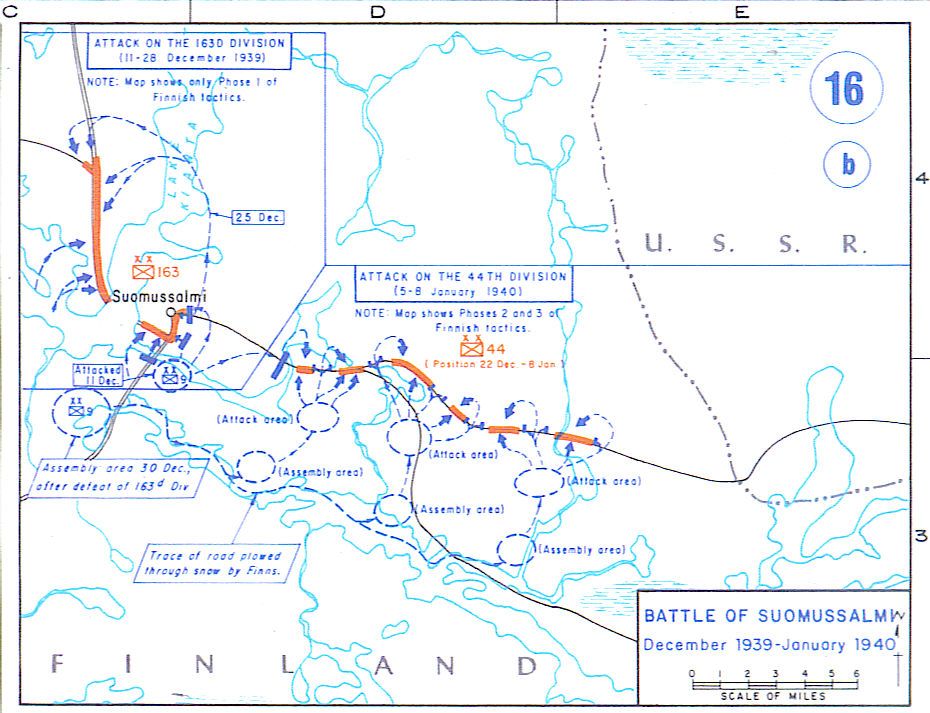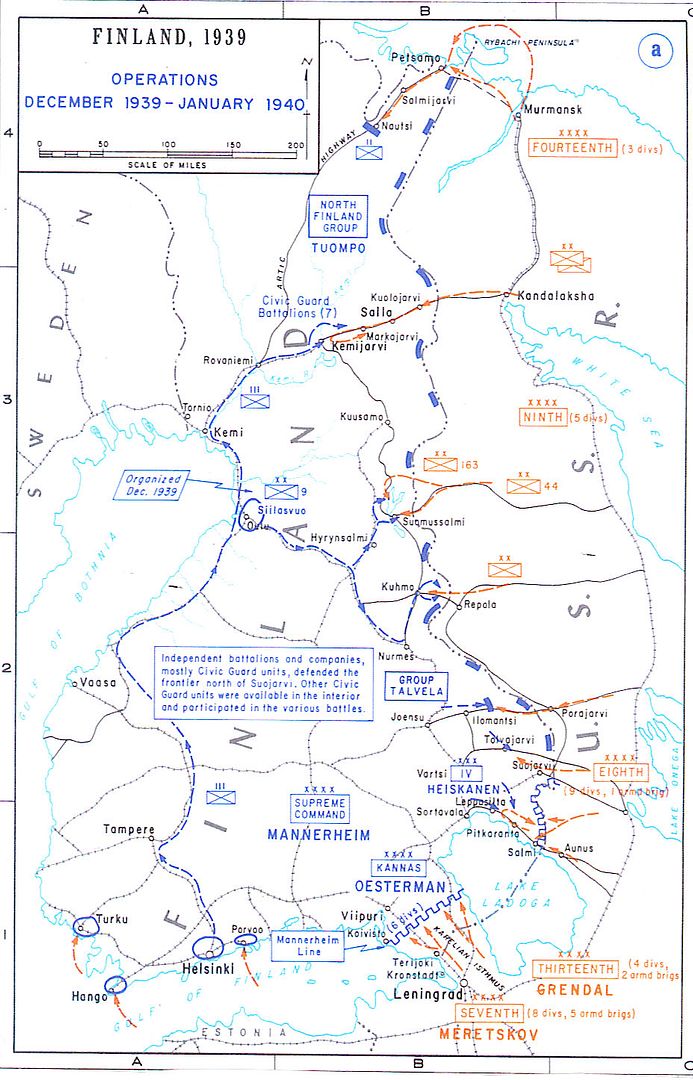
Posted on 12/15/2009 4:44:45 AM PST by Homer_J_Simpson
























William L. Shirer, The Rise and Fall of the Third Reich

Winston S. Churchill, The Gathering Storm
Video says movie is “Down Mexico Way.” Wrong. That was 1941. 1939 movie was “South of the Border. Per TCM release date was 12/15.
*From “Battle Off Uruguay,” the final editorial.
The pocket battleships mount six eleven-inch guns, but in only two turrets, which means that only two of the British ships could be kept under fire from the Spee’s main battery simultaneously. To punish her third attacker the Spee must have been forced to shift fire frequently from one ship to another – a process which is distracting to accurate and rapid gunnery, and which, of course, reduced the weight of fire to which each British ship was subjected.
Now that’s informative! (To me, anyhow.)
http://www.onwar.com/chrono/1939/dec39/f15dec39.htm
Graf Spee given 72 hours respite
Friday, December 15, 1939 www.onwar.com
In Argentina... In Montevideo, the German pocket battleship Graf Spee has been ordered to leave port with 72 hours. The crew is repairing damage to the warship and fuel has been taken in from a German tanker.
In the Winter War... The Finns conclude a series of attacks on the Soviet 8th Army. The 139th Division at Tolvajarvi is virtually destroyed and the 75th Division is also hard hit. The Finns also capture much valuable equipment. The Battle of Soumussalmi begins.
From Helsinki... The Finnish Foreign Minister broadcasts an offer to reopen negotiations to the Soviet Foreign Minister. He says that any design to annex Finland will be resisted to the last: “the Finns will never submit to a foreign yoke.”
On the Western Front... Three British infantry brigades sent to France in October are formed into the British 5th Division, BEF. This division is deployed south of Lille along a fortified line which is being extended and strengthened. The British Expeditionary Force is only in direct contact with German forces around Metz. Prime Minister Chamberlain visits the BEF.
Great post!
I never realized the importance of the smoke screens in the Graf Spee attack.

Listeners are reminded that today is the last recommended day for sending Christmas packages to the troops at the front.
Photo: SA-KUVA
13th Division mounts major offensive in Ladoga Karelia
Young student Wanda Lubomirska describes the Soviet invasion as witnessed by her at the family estate at Aleksandrja. The following is an excerpt from her brochure of recollections "Karmazynowy Reportaz" (London 1946). It illustrates the Soviets' initial objective of "liberating" the peasantry from the "yoke of the Polish landlord," the victim in this case being Wanda's father, Prince Hubert Lubomirski."This summer, as always, I spent at our estate in Wolyn, at Aleksandrja near Rowno. On the 14th of August came the mobilization. At 5 o'clock in the morning my father woke me up: 'Say goodbye to the horses,' he said. 'They've been requisitioned by the army.' This was the first sign of war for me. It was difficult to part with the horses, expecially Sybila and Saliga.
From the 3rd to the 15th of September I worked as an orderly in the hospital at Rowno. After it was destroyed by German bombardment, I found plenty of work to keep me busy at home. Swarms of neighbours from near and far as well as many refugees descended upon our home.On the 17th of September, a number of our soldiers were still quartered with us. My parents rode to Rowno, returning after a couple hours, and said: 'The Soviets are approaching but as... friends. The mayor of Rowno is maintaining calm and advising everyone to sit quietly at home. These are not the same people, the mayor has asserted. They have changed.
On the afternoon of the 17th, the Bolsheviks entered Rowno. We are cut off and cannot even use the phone. We are very worried about our uncle who stayed in Rowno with his family. The stable boys keep popping into the house. 'The prince should leave,' they shout. 'We'll saddle the horses. The car is ready.' My father did not move. 'Whoever wants to,' he said 'may leave. I'm staying.' He did not want to leave his home and the land, which he loved. The Polish soldiers left our estate and my brothers went with them. In the town of Aleksandrja all is in a mess. The Jews have taken over the duties of the constabulary. The regular policemen have been disarmed. The civic government is no longer functioning. Chaos! Now and then one hears shots. We are sitting at home, the five of us; my parents, my sister, my youngest brother and I. At 8 o'clock we eat dinner, as usual, in the dining room.
Suddenly, the stable-boy Andrew enters and says: 'This is the last chance for you to leave. The Bolsheviks are almost here.' Our hearts sank. In came the servants, the carpenter, the chauffeur and they all implored us loudly: 'Get out of here!' They're Ukrainians! I look at mother, very pale. My father is also pale, but calm, putting up a patient front. Near the chimney, a couple of refugees are sitting. The light is fading as night falls. There is a strange silence broken only occassionally by noises from outside. We hear footsteps. My hands squeeze into fists. They're coming. In come a couple of Bolsheviks. My father stood up and so did I, automatically. An officer asks our staff, in Russian:
'What kind of landlord is this one?'
'A good one!' they reply
'Has he ever done you wrong?'
'Never!' they replied in unison.
My father had always been greatly loved, respected and revered by his staff due to his kindness, piousness and fairness. I also loved him greatly. They listened for a moment to a Polish radio broadcast, which had been playing in the background, saying that all is well, that we are fighting and that we are fighting the Germans. They confiscated the set immediately.
'Do you have any weapons?' they asked my father.
'Yes, in the cabinet' was his response.
'Go!' ordered the Bolshevik
My father led the way, followed by a crowd, with me at the rear. They looked through the cabinet and took a hunting knive for boar, two Austrian style rifles and a few other firearms and cartridges.
'Do you enjoy hunting?' they asked my father.
'Yes!' was his emphatic answer.
They left behind a sporting rifle, one of the Austrian rifles and some cartidges. I simply did not understand why they left those behind. Today I feel that it must have been a trick, a set-up. At the time it made no sense. We returned to the dining room and talked with some relief in our voices while papa relaxed his patient front.Half an hour later we could hear some shouting in the next room. Suddendly a Soviet officer, probably of the NKWD, entered the room followed by a group of Bolsheviks. One Bolshevik, fat, with a face like an animal and cold, ugly eyes. To this day I can see him.
'Where is the prince!' he yelled.
'Here' said my father as he stood up.
The Bolshevik handed a rifle to one of the staff and ordered him to shoot my father. The boy declined so the Bolshevik handed the rifle to a second who also declined. The fat brute reeled in anger. He looked around the room and said to papa:
'Give me 100 zlotys.'
Father calmly removed the money and gave it to him.
'Give me more!'
'I'll have to go to the cabinet. The money is in a cash-box' replied my father.
'Go' ordered the gruff, disgusting and drunken voice. My father led with the Bolsheviks in tow. In the traffic I somehow lost my mother and the others. I found myslef in the midst of the loud, gesticulating crowd. Finally I made it to the cabinet. I can hear the voice of the officer rising and I feel that all is not well. My father responds calmly. I can see him. He is holding a rosary in his hands. I am standing in the hallway, by the door, leaning on the wall when I suddenly hear shots... one... then another. My heart stopped. Sudden silence. One can hear only the shuffle of legs leaving. They belong to the horrified staff. I know nothing and feel nothing. I do know only that papa... is dead. I saw it clearly, how he fell. The smell of alcohol woke me from my trance. I look up and see the animal face of that Bolshevik! Despair and anger overtook me.
'The Beast! What has he done!'
If only I had could get my hands on something! Instead I clung tightly to the wall and listened to the hoarse voice: 'Well and now what?' he asked me shamelessly as I felt the revolver barrel at my temple.
'I don't know. You're an idiot' I answered clearly and calmly.It didn't matter anymore. Let him kill me, at least I will have peace and join papa. He made a disappointed and surprised face then lowered his revolver. He began to leave but at the doorway he spun around and raised his revolver once again, aiming at me. I waited. The shot came but the bullet missed my head by a mere two centimetres. 'What an idiot!' I thought to myself. 'He couldn't hit me?' I am full of contempt for him. He walked away, taking with him a most wonderful father and a most wonderful human being.
I can still hear his voice as he shouts orders to the Jewish militia: "Take them to the bridge and shoot them! ...'
(The militia took them instead to a shed, then released them after the Soviets had left the estate. The family was able to bury the prince before being evicted from their property. The prince's older brother in Rowno, Adam, was arrested and died in a local prison in 1940. )
Also, isn't it funny that the New York Times used to be a newspaper that reported things? Weird, huh?
Finland was tough in those days.
wow
Makes it a bit more real doesn’t it. For us this is an enjoyable study of the past. Stories like these remind us just how horrific it was for some of those who experienced it.
Yes it does.
Great post, thanks so much.
And now, good professor, can you explain the difference between the type of treatment illustrated here at the hands of the Soviets, versus what other Polish leadership & clergy were then experiencing at the hands of the Nazis?
This is not a trick question -- my understanding is they were pretty much the same, with possibly subtle differences in who & how people were murdered?
Obviously, Nazis would not employ a Jewish militia...
Excellent editorial, especially considering the source.
One cannot imagine such an editorial from the New York Times today.
In today's world, liberals like the NY Times replace the Bill of Rights with their version of Franklin Roosevelt's Four Freedoms -- speech, religion, want & fear, including: < sarc >
;-O)
Truly you make a very good point. There is not a significant difference. The Soviets were guilty of many unjustified killings in their occupation of Eastern Poland too. I would say that a major difference is that they had not set up a specific branch of their government for the domination and mass murder of undesirables in the occupied areas like the Einsatzgruppen were set up for in Germany. They instead just delegated that task to already existing agencies.
Disclaimer: Opinions posted on Free Republic are those of the individual posters and do not necessarily represent the opinion of Free Republic or its management. All materials posted herein are protected by copyright law and the exemption for fair use of copyrighted works.